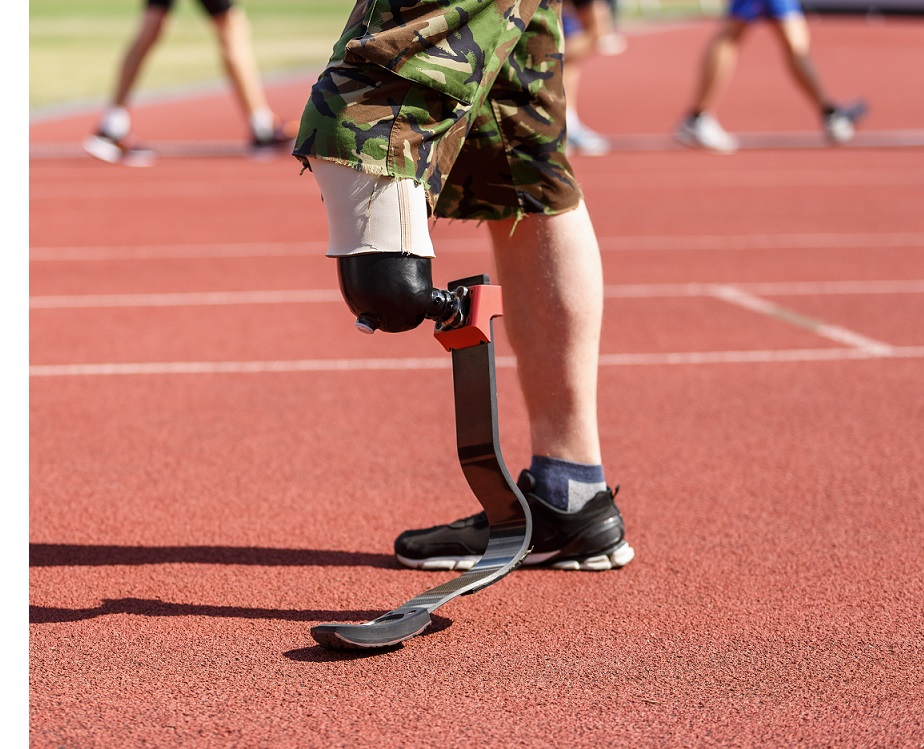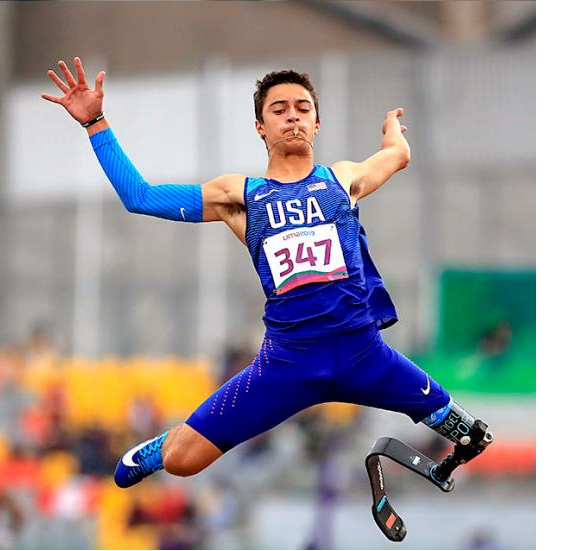
A few years ago, the Centers for Disease Control published a finding that roughly half of adult amputees and people with other disabilities get no aerobic exercise. As you might surmise, the inactive half exhibited poorer baseline health markers and a far greater likelihood of chronic disease. They also were far less likely than able-bodied adults to have exercise recommended to them by their healthcare providers.
Move United and the University of Illinois’ sports and recreation program want to do something about that. They’re gathering data this month about the amount and type(s) of physical exercise performed by American adults with disabilities. The survey also seeks to establish sports’ impact on participants’ physical, mental, and emotional health.
There’s already plenty of evidence that adaptive sports have lasting positive effects. Move United hopes this study will enable it and like-minded organizations to identify gaps in service, provide direction to improve programs, and attract more funding by proving the value and importance of health and wellness programs for individuals with disabilities.
The goal is to make this one of the most significant studies ever completed in this field. To achieve that objective, Move United and its partners need at least 1,000 individuals with a disability to participate in the survey. The survey is open through January 31, and it takes 15 to 20 minutes to fill out the questionnaire. Get started at this link.




